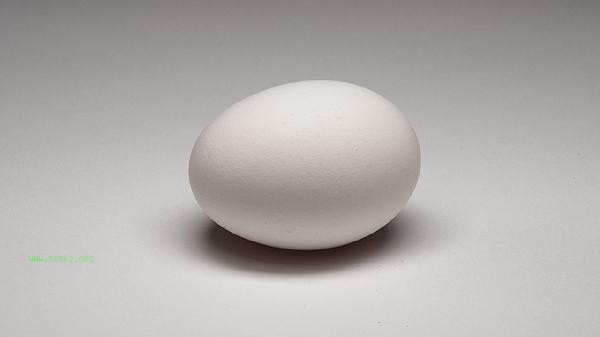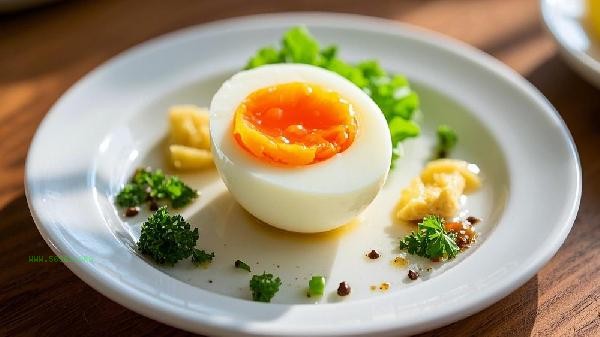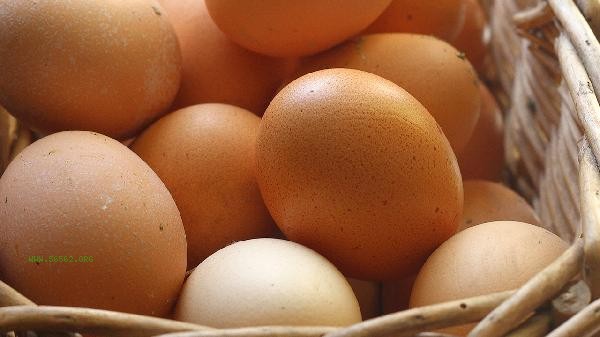It is recommended to cover the pot when boiling eggs, which can shorten the heating time and reduce nutrient loss. Opening the lid for boiling may cause rapid evaporation of water, uneven heating, or cracking of eggshells. When boiling eggs, covering the pot lid can create a closed environment, and the reflux of water vapor can maintain stable water temperature, allowing the eggs to be evenly heated. Covering and boiling usually takes 5-8 minutes to achieve the effect of a soft boiled egg, with finer protein coagulation and more complete preservation of egg yolk nutrients. For the elderly or those with weak digestive function, boiled eggs with lids are easier to digest and absorb. It is important to ensure that the water level is completely below the egg to avoid damaging the cookware during dry cooking.

Opening the lid to cook eggs will cause a significant loss of heat, which may require an extension of cooking time. Continuous boiling can easily lead to eggshell collision and rupture, causing protein to overflow and form flocs. If you like to observe the status of eggs, you can turn the water to a low heat after boiling and half open the lid, but you need to frequently adjust the heat. Under special circumstances, if the Tea egg needs to be repeatedly soaked and boiled, the lid can be opened in stages to facilitate seasoning.

Before boiling eggs, it is recommended to use room temperature eggs and put them in cold water to reduce the probability of cracking. Soaking in cold water immediately after cooking can facilitate peeling, but it should not be soaked for more than 3 minutes to prevent bacterial growth. Eating whole wheat bread and vegetables together can improve protein utilization, and people with gastrointestinal sensitivity should avoid eating eggs on an empty stomach. If precise control of ripeness is required, an egg cooking timer can be used as an auxiliary.









Comments (0)
Leave a Comment
No comments yet
Be the first to share your thoughts!